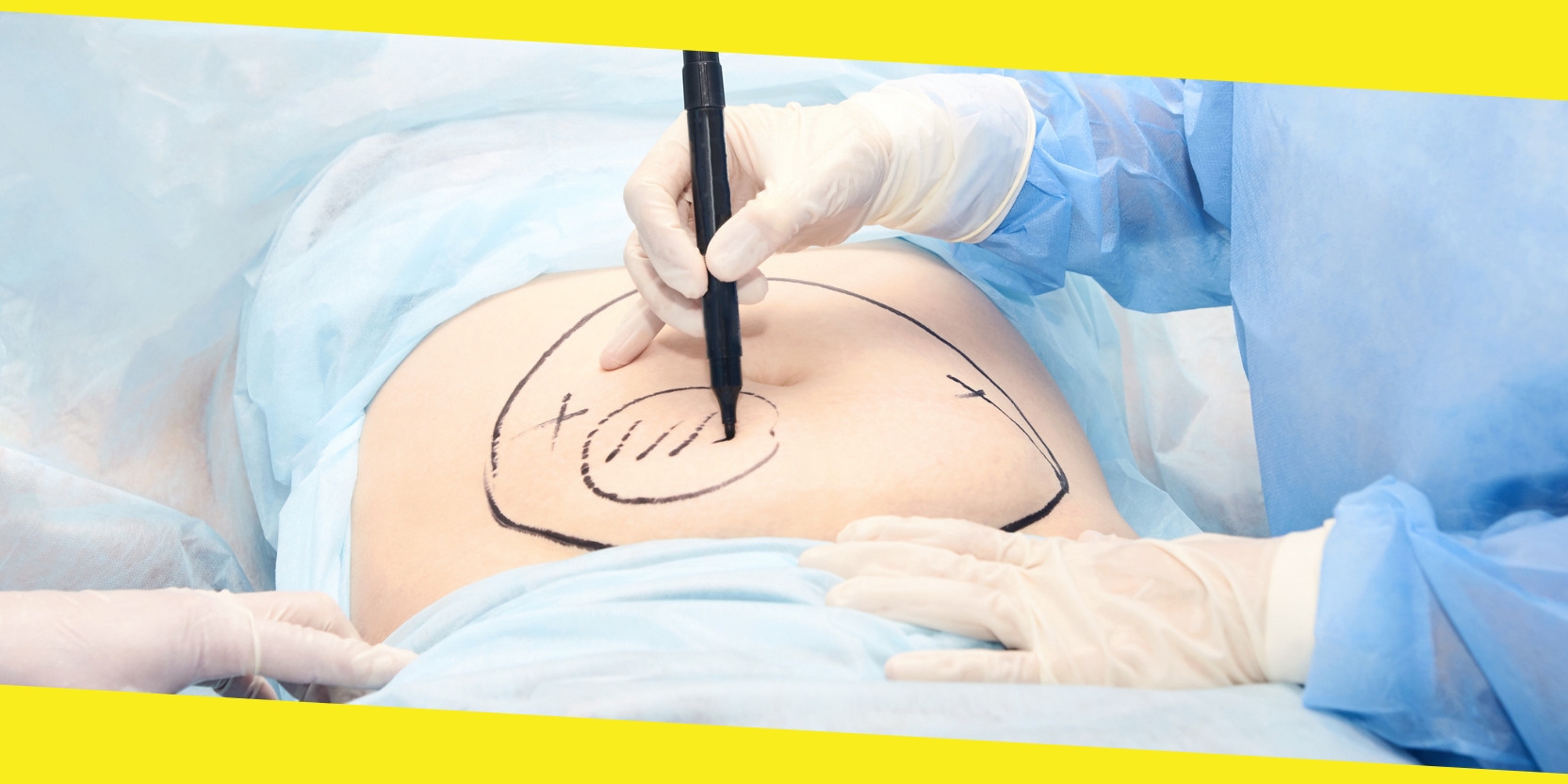Everything You Should Know About Hysterectomy

A hysterectomy is a surgical procedure that involves removal of the uterus. Hawthorne hysterectomy is a common procedure performed for various reasons, including uterine fibroids, endometriosis, uterine prolapse, and gynecologic cancer. The fallopian tubes and ovaries may also be removed in some circumstances.
Contents
ToggleTypes of hysterectomy
There are several different types of hysterectomy, including:
- Total hysterectomy: This procedure involves the removal of the uterus and cervix.
- Subtotal or partial hysterectomy: This procedure involves the removal of the uterus, but the cervix is left in place.
- Radical hysterectomy: This procedure involves the removal of the uterus, cervix, and part of the vagina. It is typically used to treat cancer.
- Laparoscopic hysterectomy: This procedure is performed using small incisions and special instruments. It is less invasive than traditional surgery and requires a shorter recovery time.
- Abdominal hysterectomy: This procedure involves a larger incision in the abdomen and is typically used for more complex cases.
How do I prepare for a hysterectomy?
Before the surgery, you will likely undergo several tests, including a physical examination, blood tests, and imaging tests. You will also be given instructions on preparing for the surgery, such as fasting and taking or avoiding certain medications.
What to expect during and after a Hysterectomy
Hysterectomy is a major surgery and requires a hospital stay of a few days. Recovery time varies, but most people can return to their normal activities within a few weeks.
During the surgery, you will be given general anesthesia to be unconscious and pain-free. The surgeon will make an incision in your abdomen or uterus and remove the uterus and any other necessary organs. Your doctor will use staples or sutures to close the incision.
After the surgery, your doctor will take you to a recovery room, where they will monitor you until you are awake and alert. They will then take you to your hospital room where pain medication will be provided to help manage any discomfort. You will also be given instructions on how to care for yourself at home during recovery.
Risks and disadvantages of hysterectomy
As with any surgery, there are potential risks and complications associated with a hysterectomy. These include bleeding, infection, and damage to adjacent organs. However, serious complications are rare.
It is important to discuss the potential risks and benefits of a hysterectomy with your doctor and make an informed decision about whether it is the right choice for you. Your doctor will consider your medical history and the specific reason for the surgery to determine whether a hysterectomy is necessary and appropriate.
You will no longer be able to get pregnant after a hysterectomy. If you are of childbearing age and still wish to have children, alternative treatments may be available. If you have undergone a total hysterectomy, you will no longer experience menstrual periods.
Overall, a hysterectomy is a common and effective treatment for various conditions. It is important to carefully consider your options and discuss them with your doctor to decide whether it is the right choice for you.
Call Marina OB/GYN to learn more about hysterectomy.
Most Inside
Most Inside offers high-quality recommendations and valuable updates to enhance all aspects of your life, providing premium guidance and enriching experiences.




